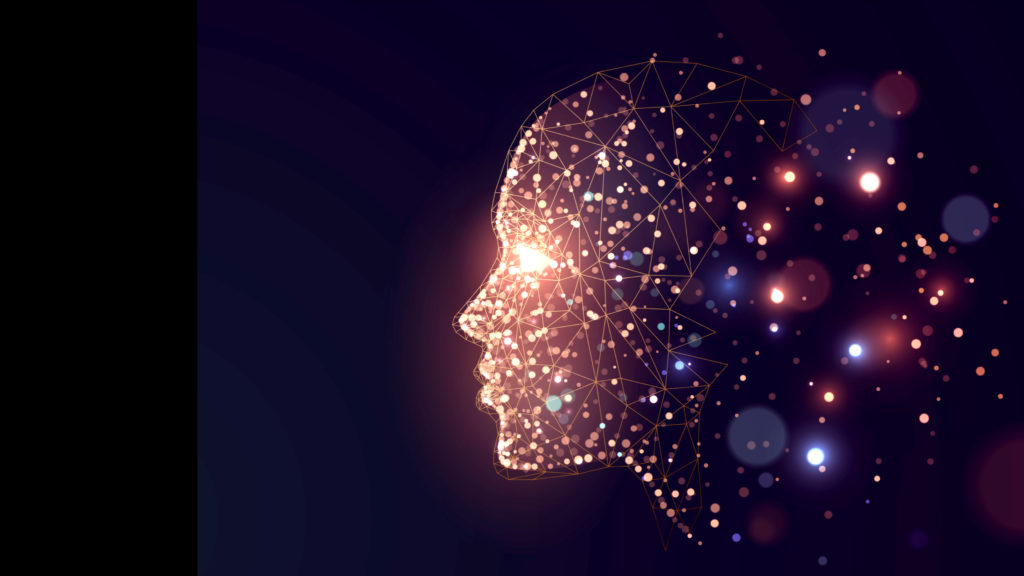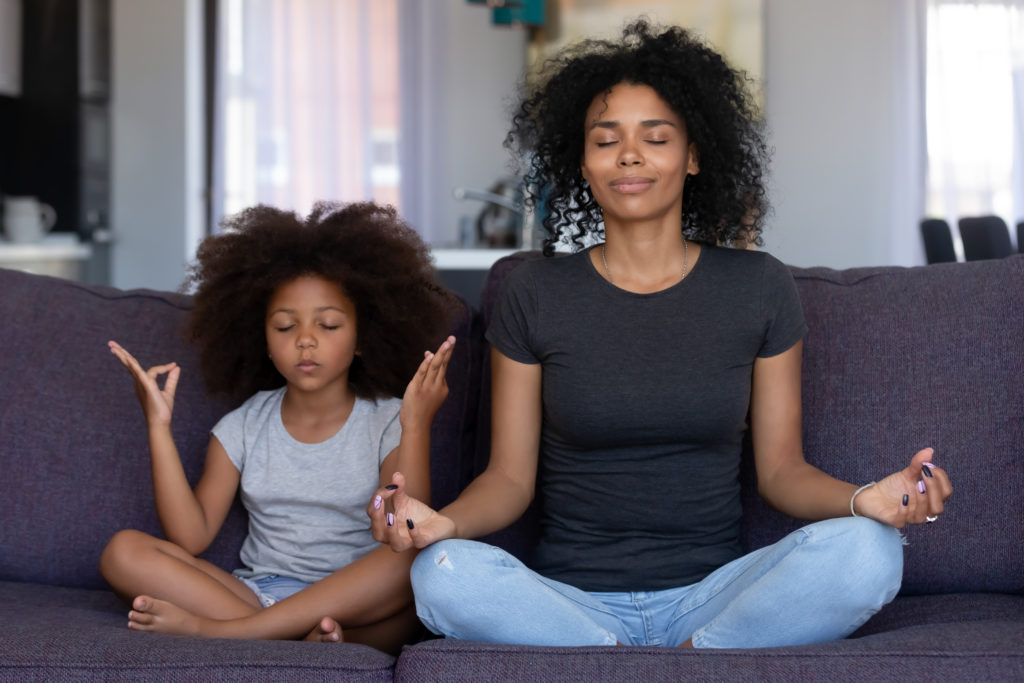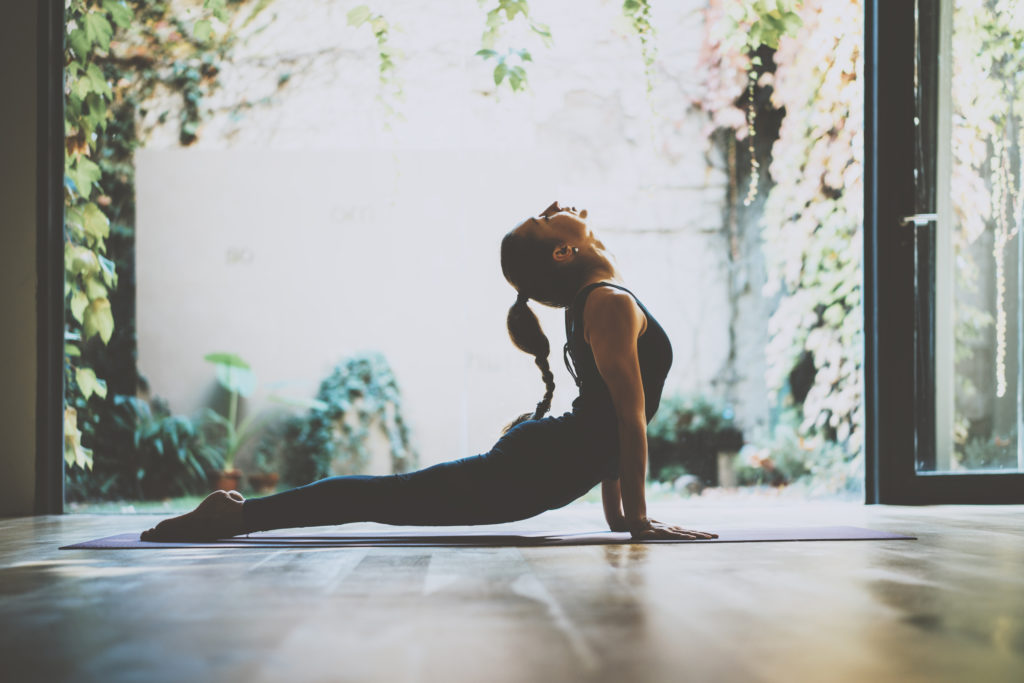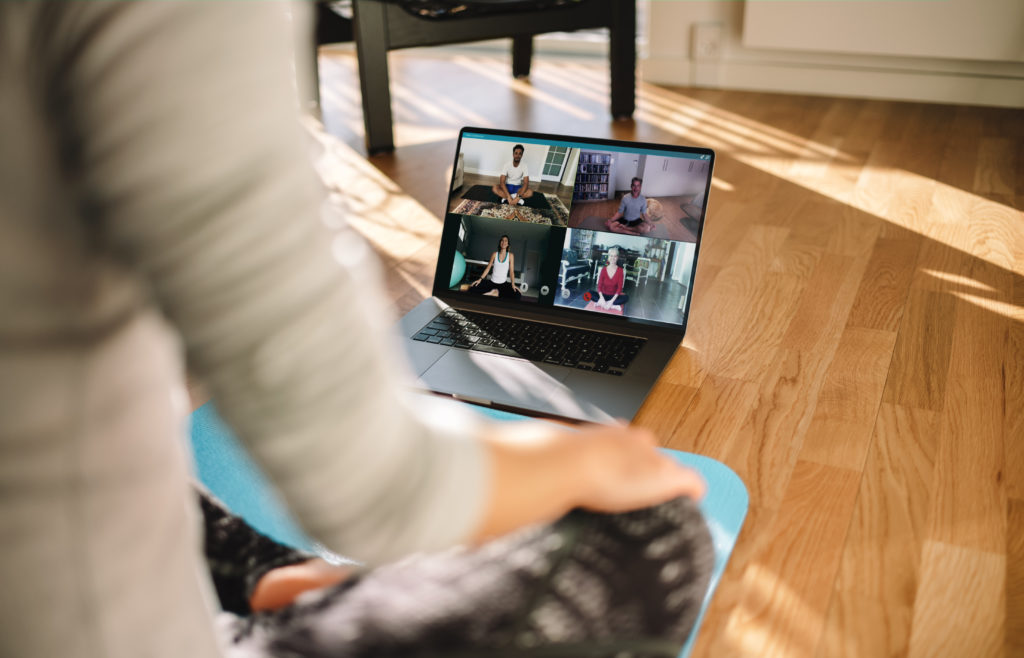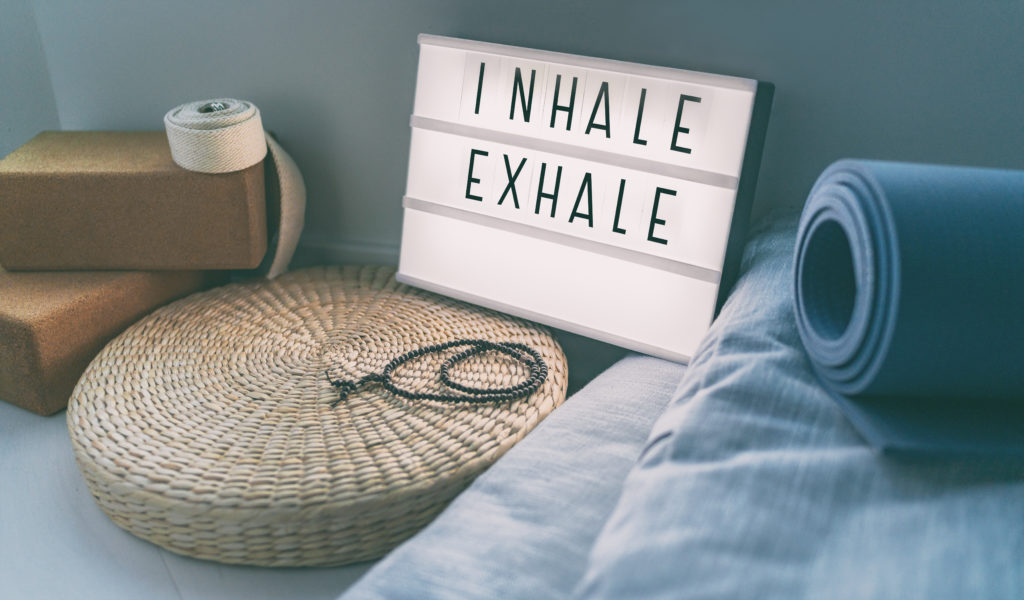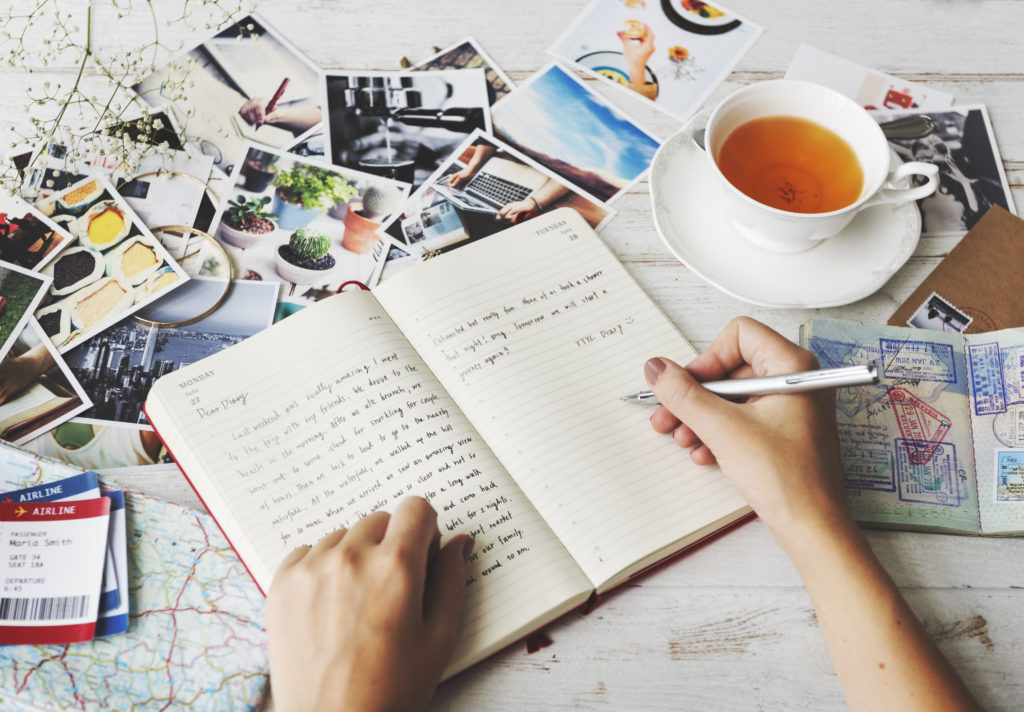Keeping your brain and emotional health in tip-top shape might be more of a challenge these pandemic days, especially when there is lockdown after lockdown. It is just as important as physical fitness, but how does one achieve the benefits of Mental Fitness. It does not NEED to be achieved through testing your brain with the latest online IQ tests or playing memory games, or scrabble, although these may help in the matter. It is actually the opposite – slowing your brain down and allowing it time to decompress. By practicing slowing down, research has shown that it can help increase your memory and mental fitness.
A key aspect to help with Mental Fitness is getting your body moving. Physical activity helps increase the blood flow to our brains and releases the “feel good” chemicals, endorphins, and ultimately helps us balance our mental fitness from the stresses of our day. However, in today’s world, getting our bodies moving isn’t always possible. Whether it be closures of public gyms, poor weather conditions or we are travelling away from home, getting physically active outside of work is getting harder to do. So what are some other ways we can increase our Mental Fitness without participating in a physical activity?
Slowing Down
One way most of us tend to slow down is when we finally put our bodies to rest at bedtime. Although this puts our physical body in a state of rest, our minds don’t always follow suit and can wander from stress and worries of the day, to what might need to be done tomorrow. How can one combat this and bring the mind to a state of relaxation? Through visualization – actively picturing tranquil, calm like locations or scenery – something that brings YOU calm and peacefulness. The act of visualization challenges your brain to use the less-dominant side of your brain, which is the area responsible for controlling your emotions and self-confidence, i.e. optimism. This in turn can calm your brain down mentally and ultimately bring your mind to a state of rest.
Read below for more activities to help you slow down and increase your mental fitness.
Meditation 1
One way to help your Mental Fitness is through Meditation. It has been a practice that has been around for MANY decades, and there has been many scientific studies to validate the benefits to improving well-being. Much like visualization, Mediation gets your brain to slow down by bringing attention and awareness to the state of your body and mind.
Scientists have studied how different types of mediation, or mindfulness, can influence our brain pathways to help bring focus and emotion regulation. When practicing mindfulness, it suppresses the activity of the amygdala (the part of our brain that contributes to stress) and increases the connections between this part of the brain and the prefrontal cortex. With the increase in connections in these parts of the brain, it helps decrease the reactiveness to stressors in our daily life and also helps us recover from stress when we experience it.
Meditation 2
There are many different types of mediation, and the type you can choose is really as individualized as you. They all tend to help us concentrate on bringing about more self-awareness and decrease negative thoughts related to our past and future. Sharpening our brains to increase focus, decrease stress response, and promote calmness.
How long you mediate for, or the frequency, is also individualized as well. The KEY to meditation is to recognize when your brain wanders from thought to thought and bring your attention back to what your meditation focus is. It does take practice to do this, and it can be done alone or in group classes – again it is individualized to the unique person. There are many resources available to you – even in the palm of your hand! Applications through various smartphone/tablet devices have been growing in numbers and are available to take anywhere you go.
Meditation 3
Sounds like something you might want to try? Below are a couple types of different meditation styles.
- Body scan mediation is a type that brings you more awareness to your mind body connection. It focuses on a single point or reference, such as breathing or even a word/phrase mantra
- Loving-Kindness meditation has been shown to improve relationships within your immediate family/friend circle and towards strangers. Helps you develop feelings of goodwill, kindness and warmth for others.
13 of the Best Meditation Apps for Improved Wellness in 2021 | Vogue
https://www.psychologytoday.com/us/basics/meditation
Yoga 1
Another practice that brings mind and body connection together, by being present in the moment and finding a sense of peace, is Yoga. It is more of a physical practice that incorporates bringing focus on your breathing, mediation, all while configuring your body into different poses. This encourages relaxation and helps reduce stress, while also challenging your body physically. While getting yourself into a sweat, you are increasing those feel-good hormones (endorphins) allowing your body and mind to reduce feelings of stress, anxiety, depression, inflammation etc. On the flip side, yoga has been studied and has shown signs that may increase heart health, quality of life, sleep quality, flexibility and balance, and even so much as helping prepare the body for childbirth and its recovery afterwards.
Yoga 2
Much like Meditation, Yoga can be practiced individually at home or within a group setting. The recommendation of how many times one should do this is again, dependent on the individual and your schedule, along with what classes are available in your area. Much like meditation, there are different types of Yoga that one can participate in and choosing one that is best, again completely individualized to the person. Types of meditation are:
- Hatha
- Vinyasa
- Iyenger
- Bikram
- Hot Yoga
- Ashtanga
- Kundalini
Journaling 1
Journaling is another great tool to help with mental fitness. By putting pen to paper (or typing out) the events, thoughts, and emotions of the day, it allows you to re-visit and evaluate them at your leisure. Journaling helps clear your mind of intrusive thoughts, negative emotions and allows you to detect your triggers helping you become more self-aware. An added bonus of putting pen to paper, or typing it out, is it helps you re-call certain items or “to-do” lists that may have otherwise been clouded by other events during the day and can help you reach your goals.
Journaling 2
Journaling has a scientific background that has been useful in helping to treat more extreme situations – stress, anxiety, and depression. The act of putting pen to paper and writing the events of the day out activates the left side of your brain- the rational and analytical part and allows your right side of your brain, the creative and sensible side of you to roam free. In turn, this allows you to become more in-tune with your thoughts and emotions and helping you to relieve negative and stressful thoughts/emotions.
Journaling 3
It seems like going back to your childhood days of having a diary or secret journal that you didn't want your sibling, or Mom and Dad to read - but it is a scientifically researched tool that can provide many benefits to strengthening ones Mental Fitness and personal well-being. It is individual and unique to you, as each of us experience different situations throughout our days and the thoughts and emotions we feel towards them. By allowing yourself to write out the events of the day you allow the logical side of your brain to process them and help keep your emotional side in check.
Can Journaling Improve Your Mental Health? (thedoctorweighsin.com)
Journaling | Mental Health Fitness

